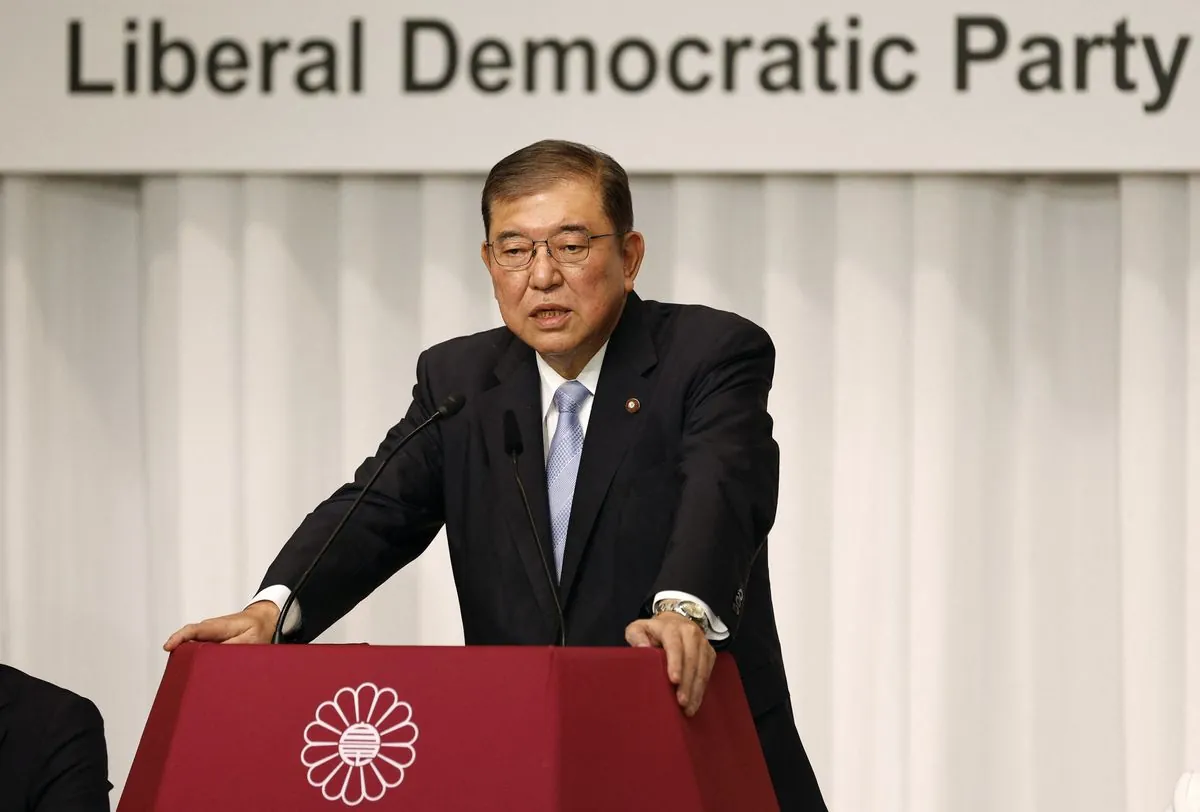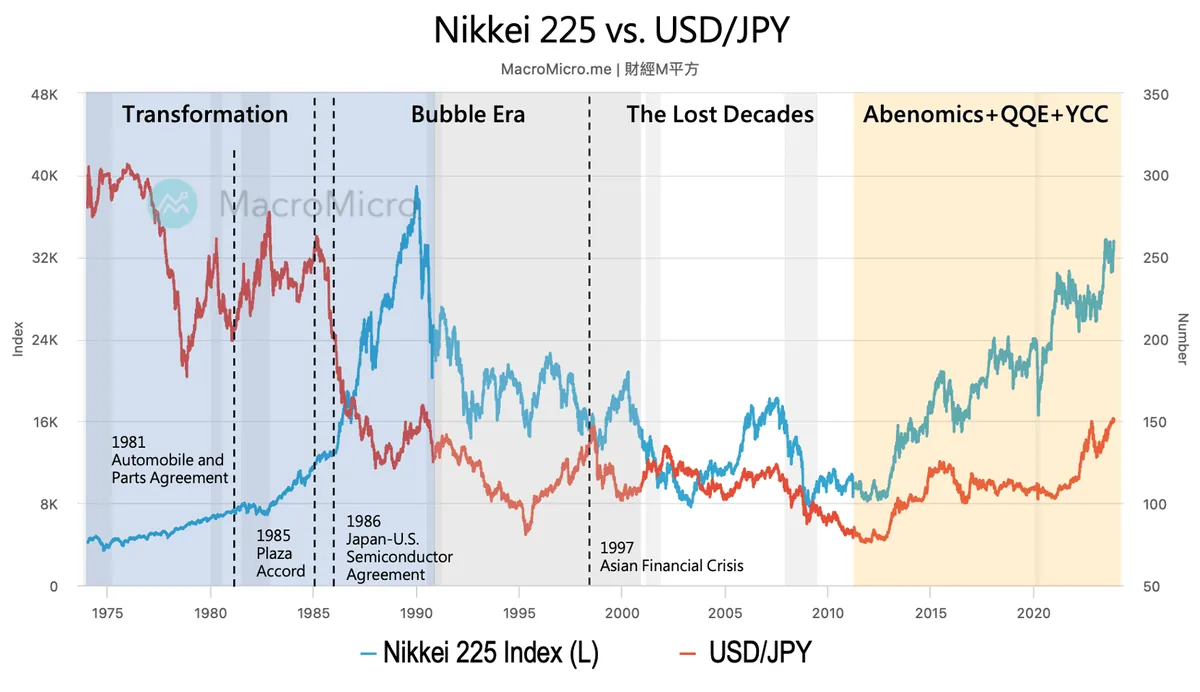Shigeru Ishiba Secures Japan's Premiership Amid Regional Tensions
Former defense minister Shigeru Ishiba wins LDP leadership, set to become Japan's new prime minister. Faces domestic and international challenges in a rapidly changing geopolitical landscape.

Shigeru Ishiba, a seasoned politician and former defense minister, has emerged victorious in the Liberal Democratic Party (LDP) leadership race, paving the way for his ascension to Japan's premiership. This development comes at a critical juncture for the world's third-largest economy, as it grapples with both domestic and international challenges.
Ishiba's rise to power marks a significant shift in Japanese politics, occurring amidst a backdrop of regional tensions and economic uncertainties. As the leader of the LDP, which has dominated Japanese politics since 1955, Ishiba is poised to navigate a complex geopolitical landscape that includes rising concerns over China's military assertiveness and North Korea's nuclear ambitions.
The new prime minister-elect faces a daunting task in addressing Japan's economic woes. With the highest debt-to-GDP ratio among developed nations, exceeding 250%, and a rapidly aging population where over 28% are aged 65 or older, Ishiba must formulate strategies to stimulate growth and ensure fiscal sustainability.

In the realm of foreign policy, Ishiba has advocated for a nuanced approach. While maintaining the importance of the U.S.-Japan Security Treaty, which has been in effect since 1960, he has called for Japan to play a more substantial role in the alliance. Ishiba's stance on China differs from his predecessor, favoring deeper engagement and diplomacy over confrontation.
"Japan is still not a truly independent country" because of the "asymmetry" of Japan's dependence on America for its security.
This perspective reflects a desire to reassess Japan's position on the global stage, potentially influencing its approach to regional disputes with Russia, China, and South Korea.
Ishiba's victory in the LDP leadership race was hard-fought, coming on his fifth attempt. The election process, involving both party legislators and rank-and-file members, underscores the complex dynamics within Japanese politics. As a native of Tottori, Japan's least populated prefecture, Ishiba has been a vocal advocate for rural revitalization, aiming to create economic opportunities beyond Tokyo.
The new prime minister inherits a nation facing numerous challenges, including the need to address recent corruption scandals that have eroded public trust. However, Japan's strengths remain formidable, boasting a literacy rate of nearly 100%, one of the world's lowest crime rates among developed nations, and the highest life expectancy globally at 84.3 years.
As Ishiba prepares to take office, he must balance Japan's economic interests with its security concerns. The country's position as the world's largest importer of liquefied natural gas (LNG) and its significant nuclear power capacity highlight the complexities of energy policy in a nation prone to natural disasters, with about 1,500 seismic events each year and 110 active volcanoes.
The incoming administration will also need to address environmental concerns, as Japan is the world's largest consumer of Amazon rainforest timber, while simultaneously preserving its cultural heritage, which includes 23 UNESCO World Heritage Sites.
Shigeru Ishiba's leadership will be closely watched both domestically and internationally as he seeks to chart a course for Japan through turbulent waters, balancing economic recovery, diplomatic engagement, and national security in an ever-changing global landscape.


































